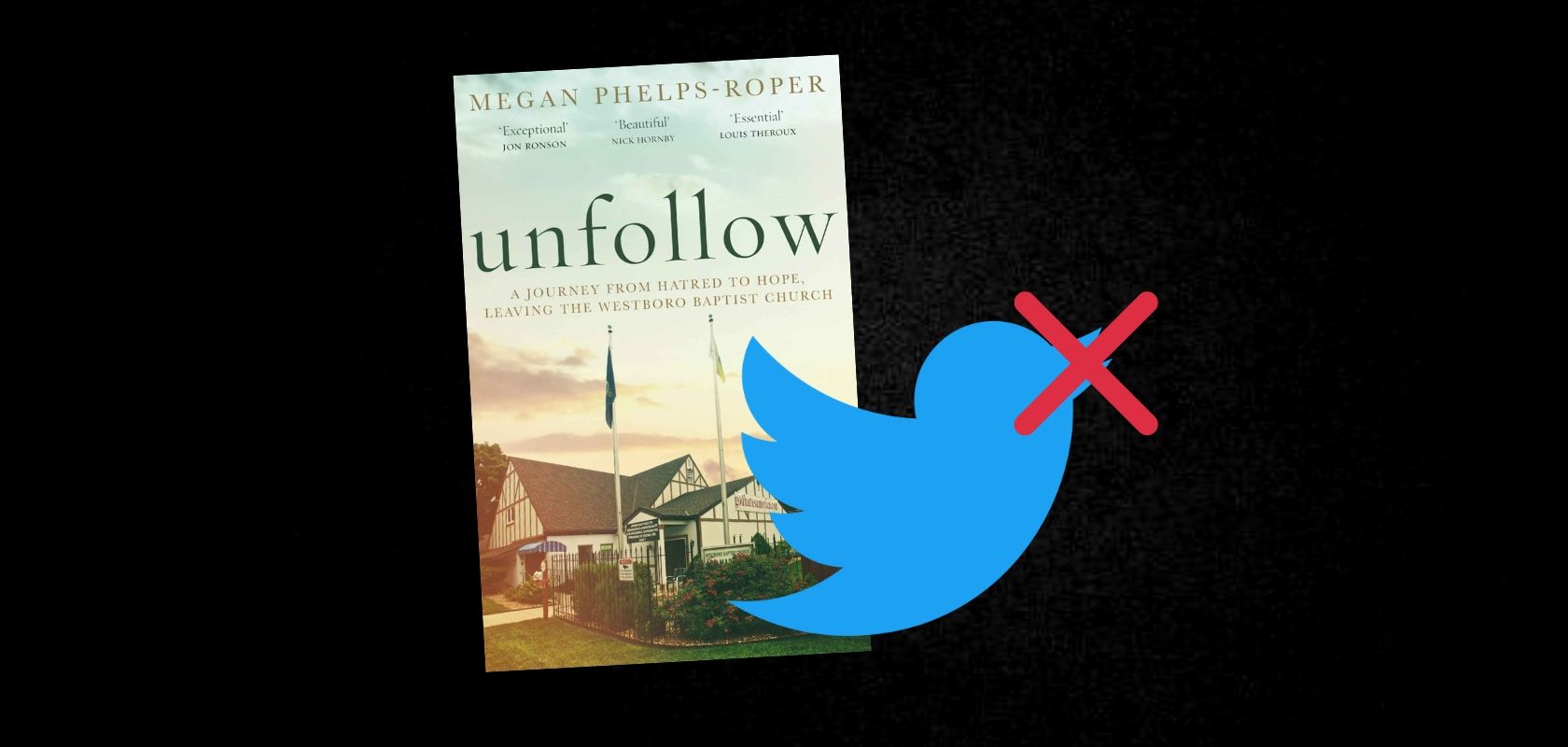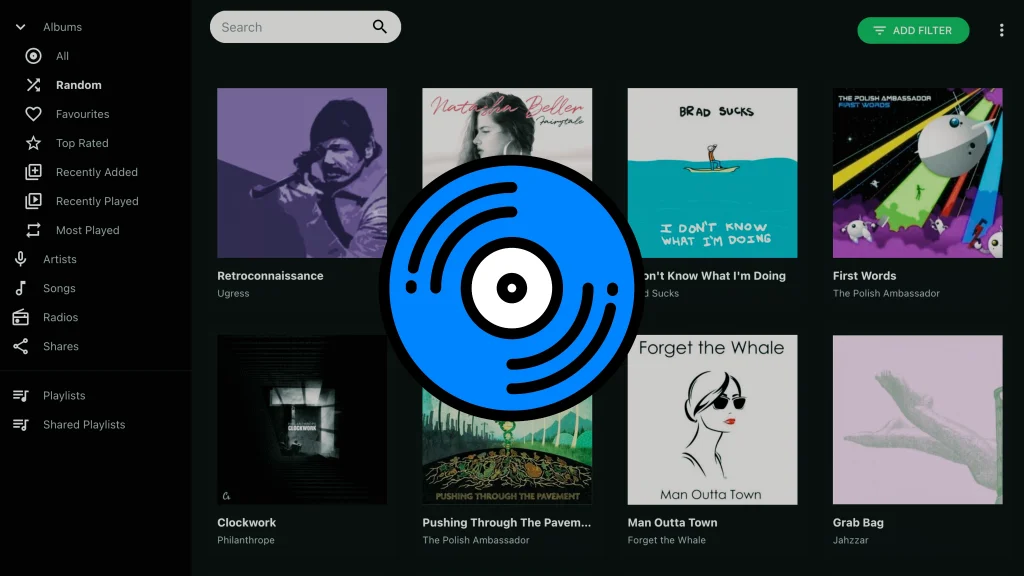A former member of a radical US church who has since left it is crediting communication, free speech, and the exchange of ideas allowed on Twitter almost a decade ago for her transformation.
Megan Phelps-Roper, a grandchild of Westboro Baptist Church’s founder and member until 2012, has written a new book, “Unfollow” – about how she came to doubt the dogma of this religious group that is at odds pretty much with the rest of the world.
Westboro Baptist Church became notorious around the country for what seemed to be deliberately extremist actions aimed at attracting maximum attention: picketing lines at funerals of public figures and soldiers, and inflammatory speech against other Christian denominations, Jews, Muslims, atheists, gays, and servicemen and women. Members of the church would display slogans such as, “Thank God for AIDS,” “Thank God for dead soldiers,” “God blew up the troops,” and “Thank God for 9/11,” both in the real world, and online.
In line with the apparent desire to attract attention and thus promote its causes, the church started using social media, including Twitter, where Phelps-Roper was appointed to manage the account.
But instead of converting others with her church’s aggressive and hostile message, other Twitter users with different, opposing points of view, in the end, managed to win her over.
Phelps-Roper explains that while the initial reaction to her tweets was hostile, she would respond with “Bible verses, pop culture references, and smiley faces” to those who would come to her profile and address her directly. A conversation then developed, moving over in some instances to the picket lines in the real world, gradually leading to her questioning the doctrine of a church into which she was born, and which she was on Twitter with the express goal of disseminating.
Phelps-Roper says that interactions on Twitter became impactful enough to emerge a bigger picture of humanity, and show the cracks and inconsistencies in the doctrine itself.
Another thing that this type of conversation made her realize is that those on the opposite side of a religious or ideological divide were not “demons” any more than her side was “the ultimate arbiter of truth.”
All these experiences put together opened her eyes to the possibility that Westboro Baptist Church’s doctrine and behaviors might be wrong, and she eventually decided to leave.
Twitter’s role
Megan Phelps-Roper makes it clear that the massive change in her life would not have been possible without her ability to first use Twitter to express her controversial messages and opinions, and then come across those opposed to her worldview.
In time, this confrontation managed to produce a conversation with deep and meaningful consequences – and that is something that Twitter has repeatedly stated as its true purpose.
However, it’s a question whether Phelps-Roper would last a week, let alone long enough to start questioning her dogma, if she was only just joining the social media app today.
Twitter, the self-styled “conversation” platform, these days tends to be moving in the opposite direction from conversation. Twitter today is suppressing, if not outright banning, opinions such as the ones Phelps-Roper was once free to express – and these restrictions are removing any possibility that people immersed in more extremist ideologies will get an opportunity to be meaningfully challenged, and consequently, possibly rethink their positions.
And given the insular nature of many of these radical communities, religious or otherwise, the online world may be their only chance to encounter different points of view.
Phelps-Roper’s book is one big plea to keep communication channels open, as the only hope not only of dealing with individual extremism but also of reversing the trend of deep divisions in American society, that is both reflected and created in online communities. She recommends reaching out to those you disagree with, using convincing arguments, without first assuming bad intent – instead of escalating conflict.
But this is not a goal that seems likely to be achieved with the constant push to limit the conversation on social media platforms and lock users into algorithmically filtered echo chambers. Of course, it’s impossible to achieve reconciliation or at least understanding if the parties have no genuine interest in this – but it’s a chilling thought that even those who do might be quickly running out of online places and tools to do so.
If you're tired of censorship and dystopian threats against civil liberties, subscribe to Reclaim The Net.









